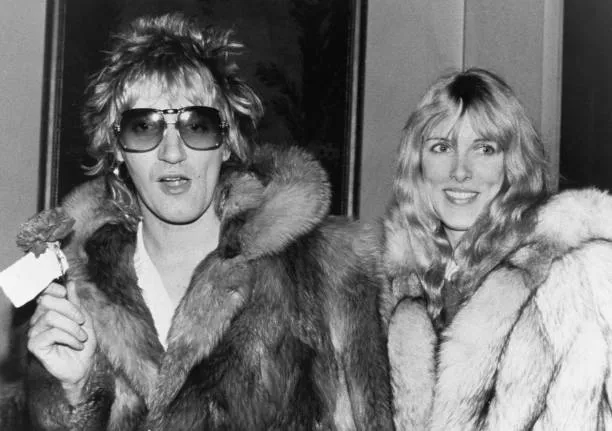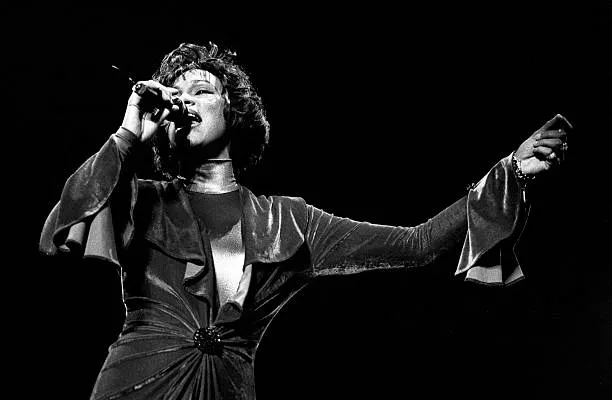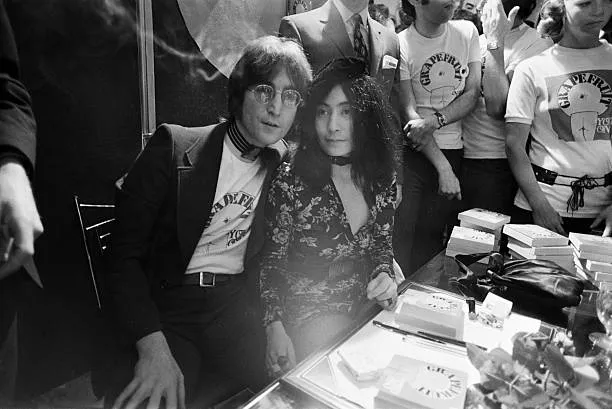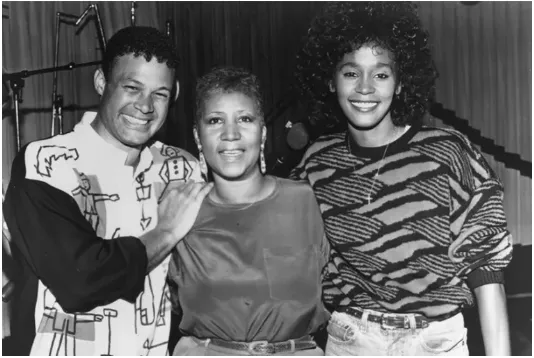John Lennon's song "Imagine," released in 1971, is one of his most iconic and enduring works, often seen as a powerful anthem for peace and unity. Lennon himself spoke at length about the song, its inspiration, and its message, offering insight into how he saw "Imagine" as more than just a pop song but a reflection of his personal philosophy and hopes for the world.
Inspiration and Message

Lennon once described "Imagine" as "virtually the Communist Manifesto." While this statement was likely hyperbolic, it underscores the song's bold vision of a world without borders, religions, or material possessions. He envisioned "Imagine" as a call to dream of a utopian world where divisions created by politics, religion, and economics no longer exist, and people live in harmony. In a 1980 interview with Playboy, Lennon explained, “If you can imagine a world at peace, with no denominations of religion—not without religion, but without this 'my god is bigger than your god' thing—then it can be true."
Lennon pointed to the song's radical themes but maintained that "Imagine" wasn't just a political statement; it was a deeply personal reflection on his values. The ideas behind "Imagine" were not new to Lennon but had been brewing in his consciousness for some time. Yoko Ono, his wife, was a key influence on the song. In fact, Lennon later admitted that much of the lyrical concept came from her, acknowledging her impact: “A lot of it—the lyric and the concept—came from Yoko, but those days I was a bit more selfish, a bit more macho, and I sort of omitted to mention her contribution."
The Writing Process

The simplicity and universality of "Imagine" stand out, and Lennon noted that this was intentional. He aimed to create a song that was accessible to everyone, regardless of their background or beliefs. The music itself is minimalistic, with its repetitive piano melody and sparse instrumentation, allowing the lyrics to take center stage. Lennon explained that he wanted the message of the song to reach a broad audience, stating in 1971, "Now I understand what you have to do: Put your political message across with a little honey."
Interestingly, Lennon also saw "Imagine" as a continuation of his work with The Beatles, particularly songs like "All You Need Is Love." He viewed both as part of the same message of peace and love that he had been promoting throughout his career, though "Imagine" had a more explicitly political edge. He said in a 1971 interview with Rolling Stone, “The message in Imagine has always been the same as in Revolution—just talking in terms of peace and love.”
Reception and Legacy

Despite its hopeful message, "Imagine" initially received mixed reviews, with some critics accusing Lennon of being naïve or overly idealistic. Over time, however, the song grew in stature, becoming a global anthem for peace. Lennon remarked on the song’s legacy in a 1975 interview: "I still stand by Imagine. It's as valid now as it was when it was written."
"Imagine" has transcended its original context to become a symbol of hope for people around the world. John Lennon recognized that while the song expressed his personal dreams, its message was one that could resonate with humanity as a whole. It is not just a song; it is a vision of what the world could be if people embraced peace, love, and unity.



